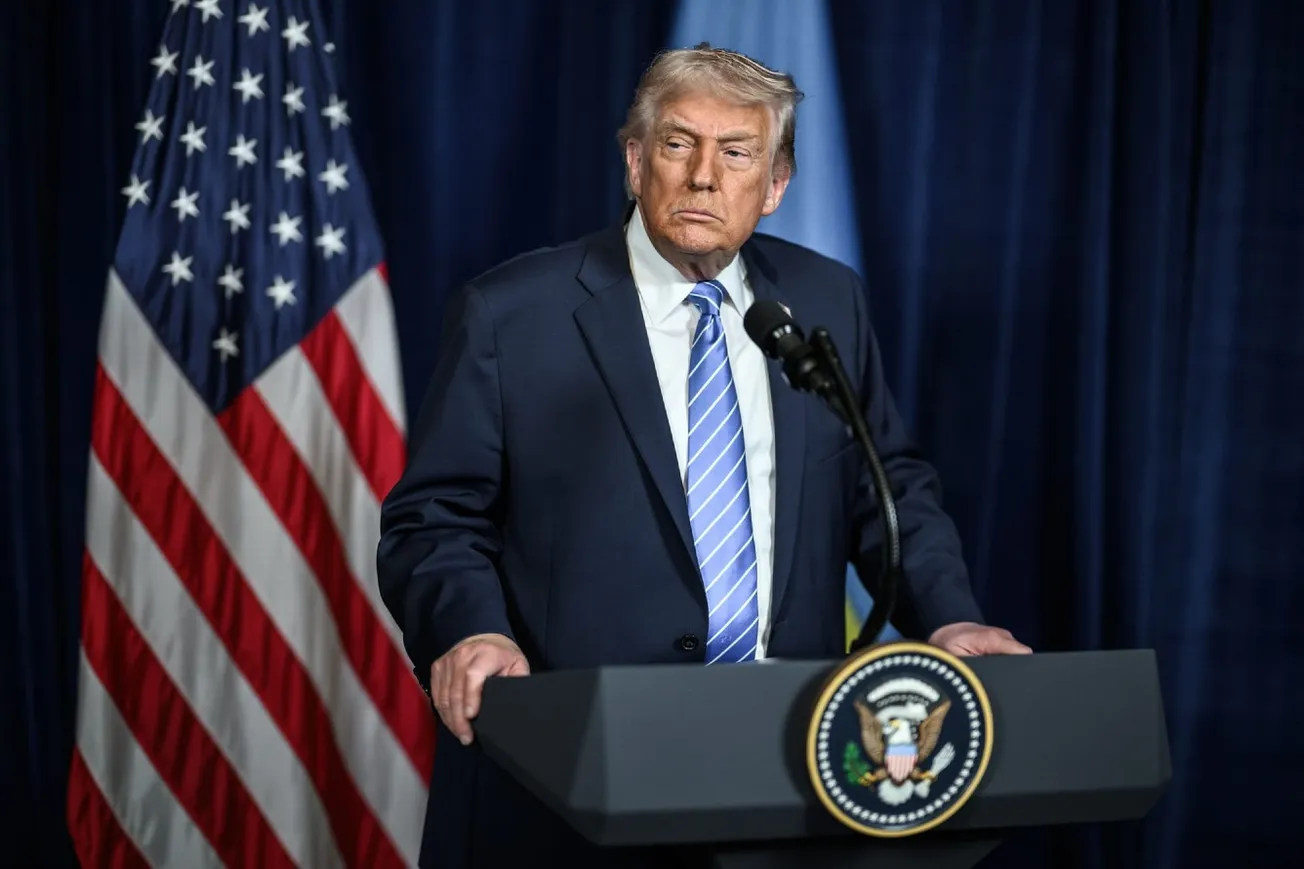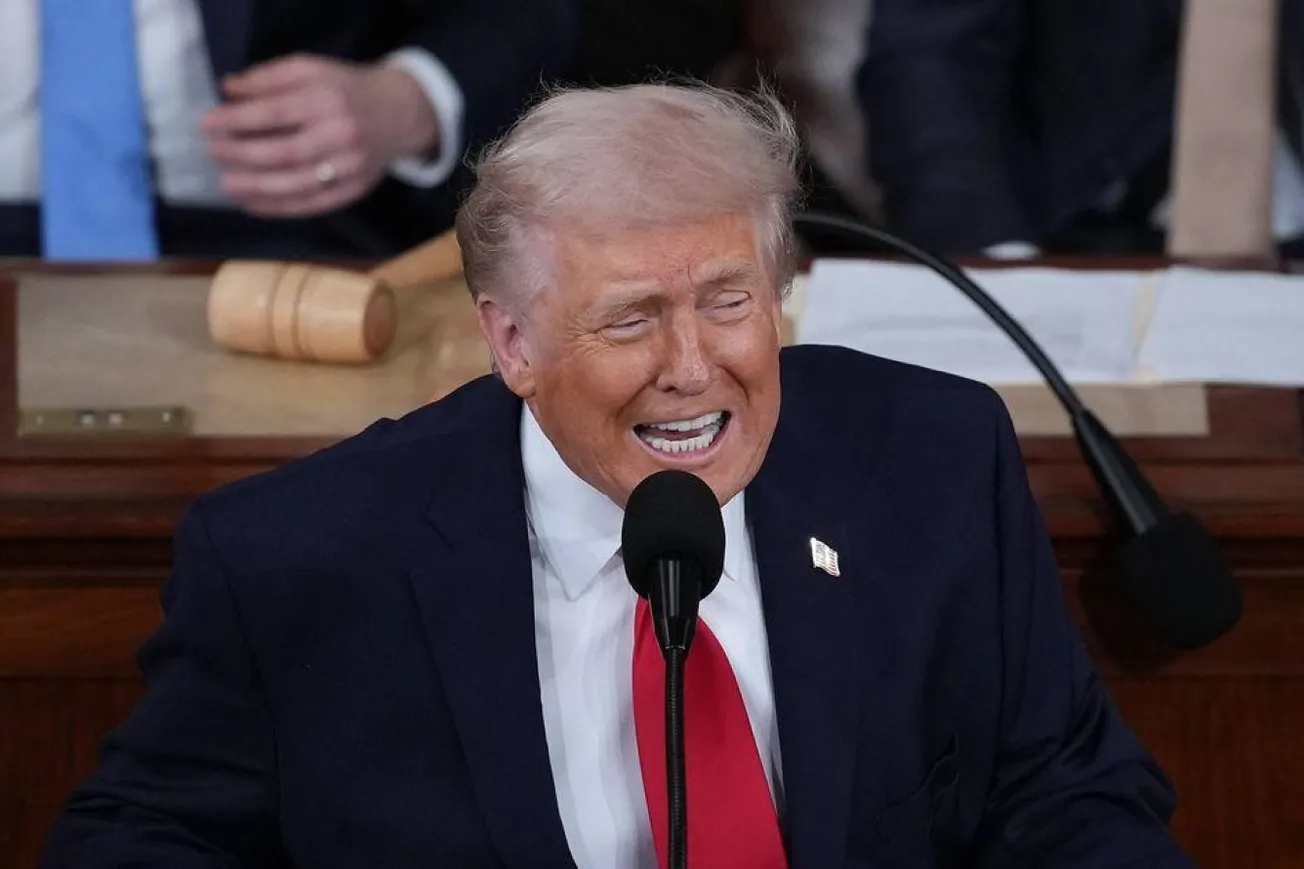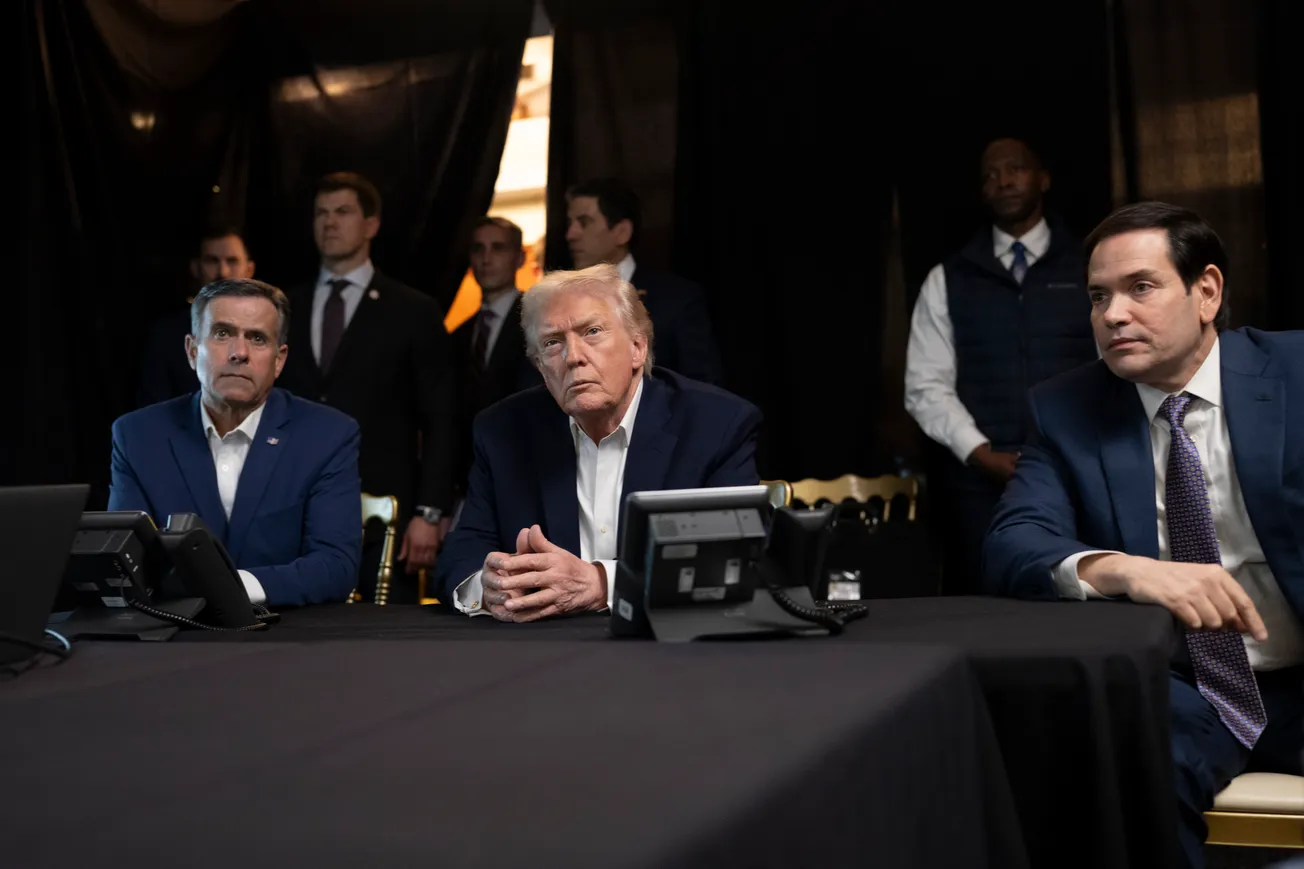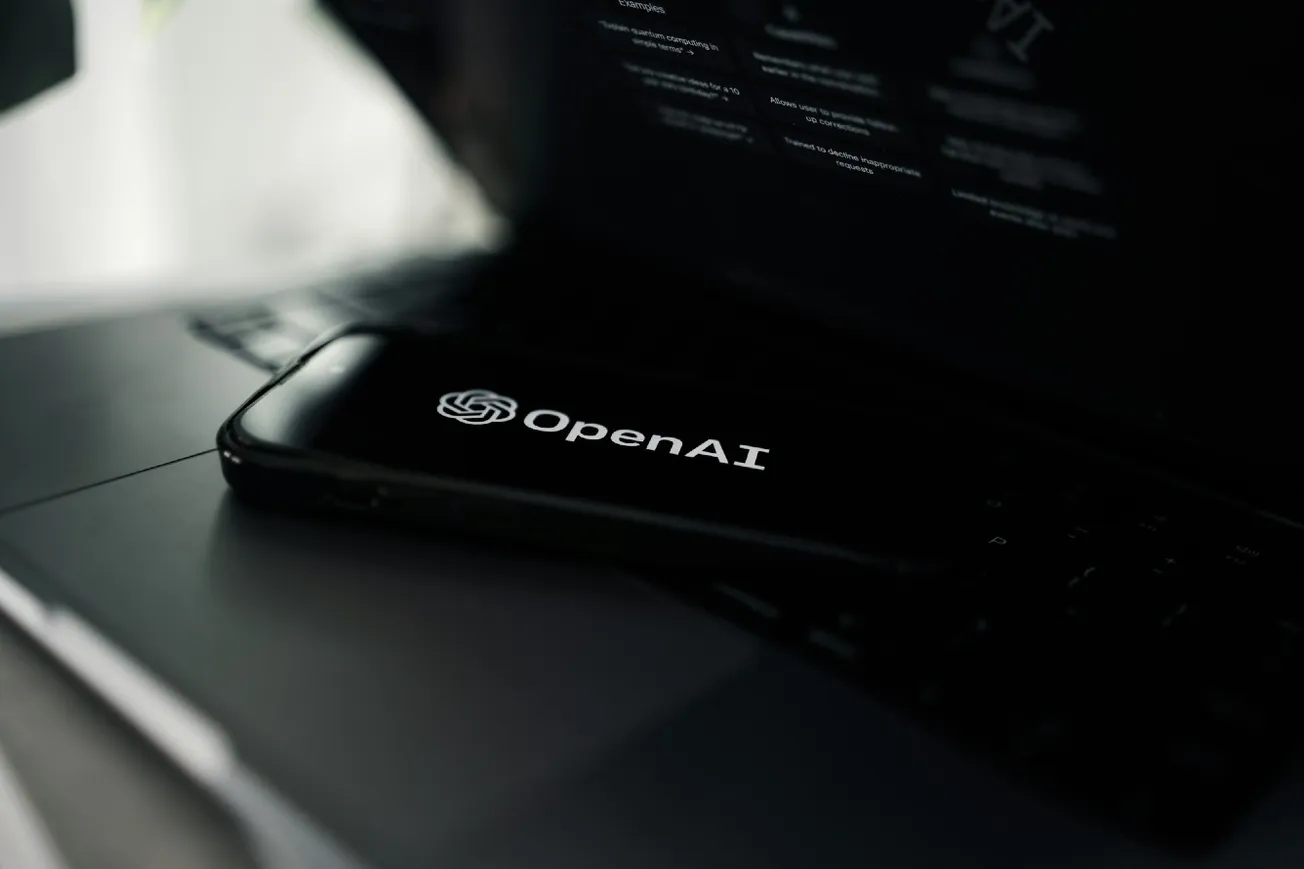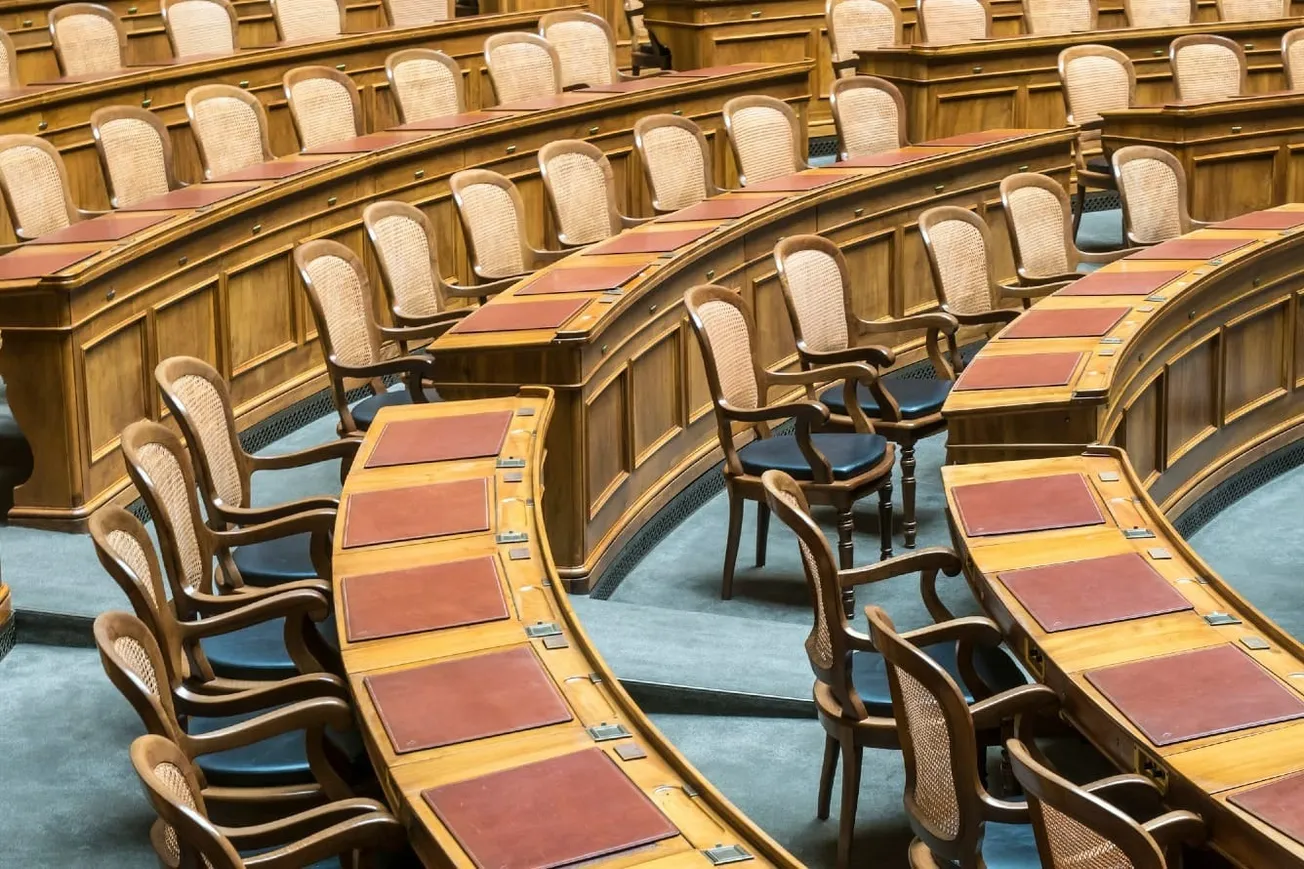By Jean-Pierre Landau, Project Syndicate
European integration – and the stability and prosperity it supports – has always depended on a pragmatic, incremental approach. If the EU is to navigate today’s challenging geopolitical environment, it must again embrace this approach, rather than continue to allow high-level principles to dictate policy.
PARIS – The European Union is among the most ambitious political projects in history. In many ways, it is also among the most successful, having fostered an era of unprecedented peace and prosperity on a continent plagued by centuries of violent conflict. But, amid growing geopolitical tumult and deepening economic malaise, the EU’s achievements appear increasingly tenuous.
In his much-discussed report on European competitiveness last year, Mario Draghi, a former European Central Bank president and Italian prime minister, lamented the growing gap between the EU and the United States, in terms of both economic performance and global influence. Tackling these weaknesses will be no easy feat, especially since US President Donald Trump appears likely to challenge fundamental tenets of EU policy.
But perhaps the most fundamental risk to Europe’s future is of its own making. From the creation of the European Coal and Steel Community to the introduction of the euro, European integration – and the stability and prosperity it supports – has always depended on a pragmatic, incremental, project-oriented approach. But, around the turn of the century, something changed: Europe started to define itself by its “values,” not by concrete indicators like economic performance, technological progress, and geopolitical influence.
Today, European policymaking seems utterly indifferent to – and, at times, even hostile toward – economic growth, innovation, and cooperation. Tech regulation is a case in point. Instead of finding common ground with their democratic partners – former US President Joe Biden’s administration was undoubtedly receptive to reining in Big Tech – EU leaders got caught up in their differences and, ultimately, chose to go it alone. Expending huge amounts of political energy, they produced sweeping directives like the Digital Services Act and the Digital Markets Act. But the rules are open to challenges by other governments. And with tech leaders now working closely with Trump to shape the global policy agenda, regulating them will grow only more difficult.
The problem with letting high-level principles dictate policy is that the results are often disconnected from economic, technological, and social realities. In fact, EU tech regulations are typically devised and implemented before the relevant technology or industry fully develops, often when no European firms are even operating in the targeted domain. So, while Europe leads the world in setting standards for the digital economy, it plays only a minor role in developing and producing the associated technologies. The EU’s General Data Protection Regulation is widely viewed as a model for others, but the bloc has far fewer large data centers than the US. Likewise, while the EU has the world’s most advanced regulatory regime for artificial intelligence, it has almost no AI firms on its territory.
A narrow values-based approach can also produce policies that fail to consider – or actively conflict with – people’s immediate needs, leading to alienation and resentment. Perhaps the most salient example is the energy transition. The EU’s emissions, per unit of GDP, are the world’s lowest, having fallen by the largest margin over the last decade. The EU has also set the world’s most ambitious emissions-reduction targets, and it will likely be the only economy to implement a significant carbon tax.
But Europe also has some of the world’s highest energy prices – significantly higher than in the US. Nearly one-quarter of the gap with the US is accounted for by the EU’s taxes and carbon costs. Not surprisingly, high energy prices have fueled strikes and protests in several EU countries, while providing populist parties with a powerful rallying cry.
The EU’s values-based approach could also undermine its global influence. European leaders generally assume that the size of the EU’s market gives it considerable leverage over other countries. But market size does not automatically translate into market power. How can Europe expect to play a leading role in defining global standards for cutting-edge technologies that it does not produce? If China and the US agreed on how (or how not) to regulate AI, what could Europe do about it? At most, it could “protect” its consumers, at the price of isolating them. Already, Apple has delayed the launch of new AI-powered features in Europe, owing to EU competition rules.
Even where the EU’s market size does give it significant clout, it should think twice before using its influence to force its values on others. Measures like the Carbon Border Adjustment Mechanism (CBAM) fuel resentment among the emerging and developing economies that are forced to bear high costs to retain access to the EU market. In an increasingly fragmented and disorderly world, an isolated Europe risks becoming a target, not only of Trump’s US, but also of ambitious and aggressive emerging powers, such as China.
To navigate the challenges ahead, Europe must return to its roots, pursuing pragmatic policies that advance shared interests. For example, just as it integrated its coal and steel industries into a single market in the 1950s, Europe should integrate its technology sectors and pool its digital resources today. Moreover, European digital and environmental legislation must be reviewed and reformed – not just streamlined – so that it is compatible with efficiency, dynamism, and fairness. Measures like the CBAM should be postponed, pending dialogue with developing economies.
Meanwhile, to support the development of high-tech industries and strengthen the EU’s production base, policymakers should rely more on independent actors, separate from the regulatory and political apparatus. Institutions like the ECB and companies like Airbus have contributed more to Europe’s prosperity and influence than any directive.
None of this is to say that Europe should abandon its role as a global standard-setter. On the contrary, adopting a more practical approach, based on real-world considerations, is precisely what is needed to enable Europe to perform this role more effectively.
Jean-Pierre Landau, a former deputy governor of the Bank of France, is a professor at Sciences Po.
Copyright Project Syndicate
Related TIPP Insights Editorial: Europe Shrugged—Now Irrelevant
TIPP Takes
Geopolitics, Geoeconomics, And More
1. U.S. Could Reveal Trump's Peace Plan For Ukraine As Early As Next Week – Report - RFE/RL
President Donald Trump’s special envoy for Ukraine and Russia, Keith Kellogg, has confirmed that he will take part next week in the Munich Security Council and will speak about Trump’s goal to end the war in Ukraine.
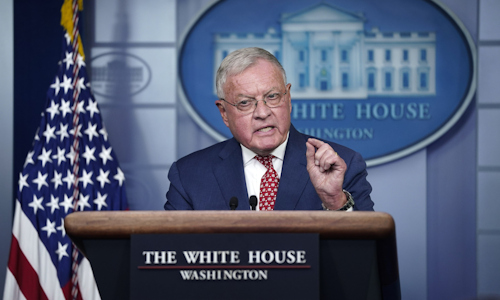
Since Kellogg revealed that he will speak at the conference, which is scheduled to take place February 14-16, there has been speculation that he will unveil Trump’s plan to end the war. Bloomberg news on February 5 quoted unidentified sources as saying that Kellogg would present the plan during the conference.
2. Ukraine's Defense Ministry Introduces Robotic Units Into Army - Reuters
The defense minister said Ukraine's military will create robotic vehicle units to deploy at the front. Kyiv and Moscow vie to gain a technological advantage over their enemy after nearly three years of vicious fighting.
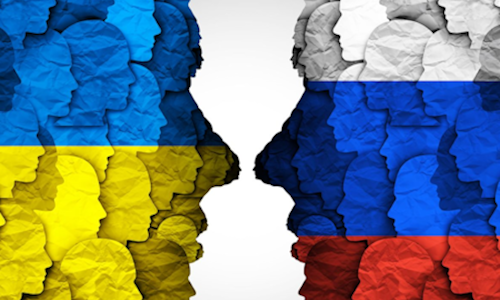
With both sides deploying tens of thousands of drones each month in the air, a race is now on to replace as many soldiers on the ground as possible with Unmanned Ground Vehicles (UGVs), officials say, with Ukrainian manpower reserves running short.
3. China Challenges Trump Tariffs As 'Discriminatory' - BBC
China has lodged the complaint with the World Trade Organization (WTO), a day after President Trump raised border taxes on Chinese goods by 10%, a measure he said was intended to address an influx of illegal drugs.
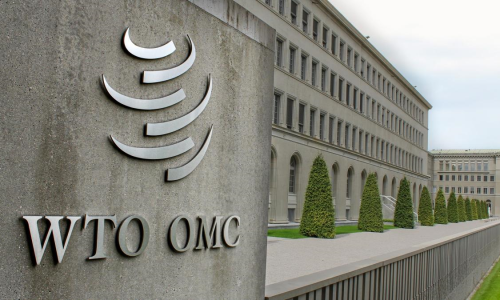
In the filing, China said the measures were "discriminatory and protectionist" and violated trade rules. But experts have warned that China is unlikely to secure a ruling in its favor as the panel that settles trade disputes remains unable to function. One former WTO official told the BBC it has "no possibility of succeeding".
4. Australia, South Korea Among Asian Countries Cracking Down On Deepseek - Nikkei Asia
Governments across Asia are restricting their use of DeepSeek's artificial intelligence services due to security concerns, following the Chinese startup's industry-shaking claims that it has developed high-performing AI models extremely cheaply.
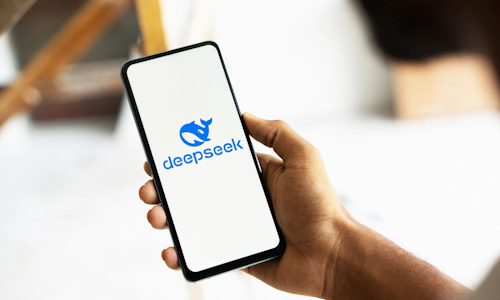
Australia's Department of Home Affairs on Tuesday banned DeepSeek from government devices, saying it posed an "unacceptable level of security risk." The department said government entities must manage the risk of DeepSeek's "extensive collection of data," and "exposure of that data to extrajudicial directions from a foreign government that conflict with Australian law."
5. Trump Calls For Work On New Iran Nuclear Deal To Begin ‘Immediately’ - AFP
President Donald Trump called for a “verified nuclear peace agreement” with Iran, after withdrawing from a similar deal in his first term and instituting a so-called “maximum pressure” policy.
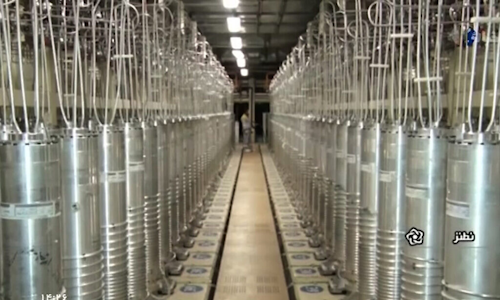
Ahead of a meeting with Israeli President Benjamin Netanyahu, Trump signed an order reinstating the “maximum pressure” policy against Iran over allegations the country is seeking a nuclear weapons capability.
“I want Iran to be a great and successful Country, but one that cannot have a Nuclear Weapon,” he said in a post on his Truth Social platform.
6. Guatemala Pledges To Boost Acceptance Of Deportation Flights By 40% - UPI
Guatemala pledged to accept 40% more deportation flights from the United States of nationals and people of other nationalities.

Guatemalan President Bernardo Arevalo and Secretary of State Marco Rubio made the announcement in a joint news conference. Rubio also announced new infrastructure projects, including two new ports and highway and railroad connections, to position Guatemala as a regional trade hub. In return, Guatemala has agreed to create a task force and increase protection along the country's eastern borders.
7. Rubio To Boycott Johannesburg's G20 Meeting Over South Africa's Land Expropriation Law - UPI
Secretary of State Marco Rubio announced he was boycotting the G20 meeting in South Africa scheduled for later this month over the country's controversial land expropriation law.
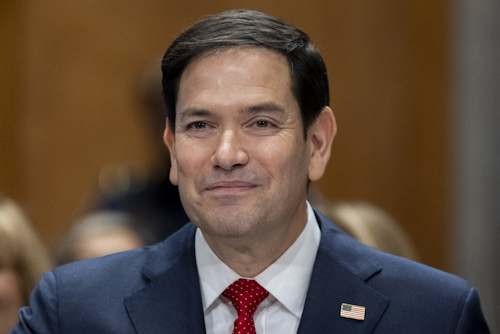
The African nation has attracted the ire of the Trump administration over a newly signed land expropriation law that allows local, provincial and national authorities to expropriate land in the public interest and in few, specific cases without compensation.
8. Sweden Comes To Terms With Worst-Ever Mass Shooting - D.W.
Sweden was on Wednesday coming to terms with the worst-ever mass shooting in its history, one day after a gunman killed 10 people at an adult education center before turning his weapon on himself.
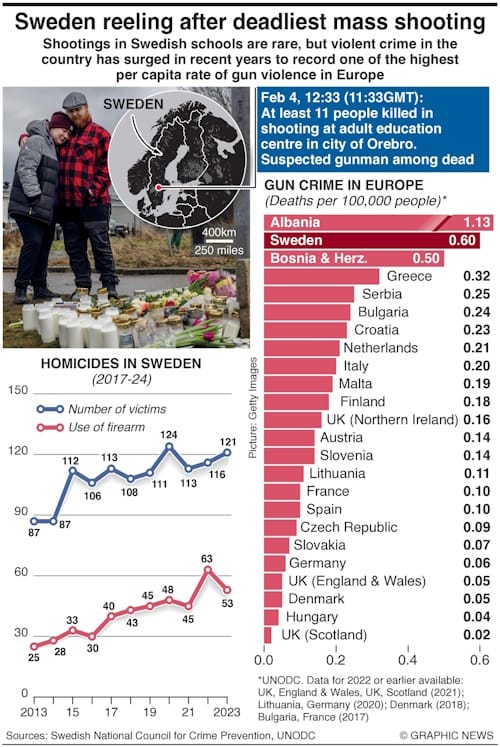
Sweden has a high level of gun ownership by European standards, mainly linked to hunting in the country's vast rural areas, though it is much lower than in the United States. While gun violence at schools is very rare, Sweden has been struggling with a wave of shootings and bombings caused by an endemic gang crime problem.
9. Panama's Leader Rejects State Department Claim Of Deal For U.S. Warships To Traverse Panama Canal For Free - CBS
Panamanian President José Raúl Mulino on Thursday denied the U.S. State Department's claim that his country had reached a deal to allow U.S. warships to transit the Panama Canal for free.
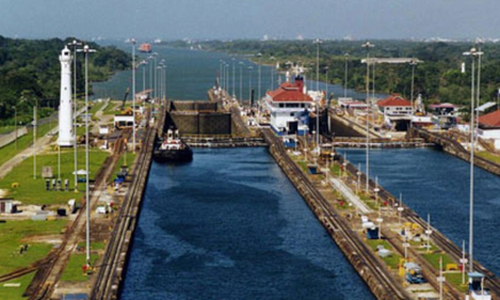
Mulino said he had told U.S. Secretary of Defense Pete Hegseth on Wednesday that he could neither set the fees to transit the canal nor exempt anyone from them and that he was surprised by the U.S. State Department's statement late Wednesday suggesting otherwise.
"I completely reject that statement yesterday," Mulino said during his weekly press conference, adding that he had asked Panama's ambassador in Washington to dispute the State Department's statement.
10. Italian Politicians Allege Donald Trump Jr.'s Hunting Party Killed A Protected Duck - NPR
Donald Trump Jr. has angered Italian politicians who accuse his hunting crew of killing a rare duck.

The president's eldest son appeared in a video posted on the website of Field Ethos — an outdoor adventure brand he co-founded — hunting in wetlands bordering Italy's Venice Lagoon. The footage shows Trump wearing camouflage, shooting birds out of the sky and appearing beside a pile of dead birds. Experts identified one of the birds as a ruddy shelduck, a protected species in Europe.
11. Indian Media Pile Into Lawsuit Against OpenAI Chatbot ChatGPT - BBC
India's biggest news organizations are seeking to join a lawsuit against OpenAI, the U.S. startup behind ChatGPT, for alleged unauthorized use of their content.
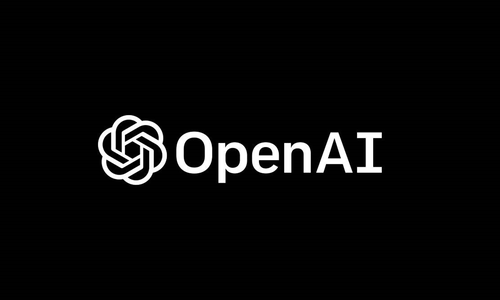
The news organizations include some of India's oldest publications like The Indian Express, The Hindu, The India Today group, billionaire Gautam Adani-owned NDTV, and over a dozen others. OpenAI denies the allegations and told the BBC that it uses "publicly available data" that are in line with "widely accepted legal precedents".
On Wednesday, OpenAI CEO Sam Altman was in Delhi to discuss India's plan for a low-cost AI ecosystem with IT Minister Ashwini Vaishnaw.
12. Nissan Tells Honda It Will End Merger Talks: Source - Kyodo News
Nissan is expected to withdraw from merger talks with Honda because the companies have failed to reach a deal on terms.
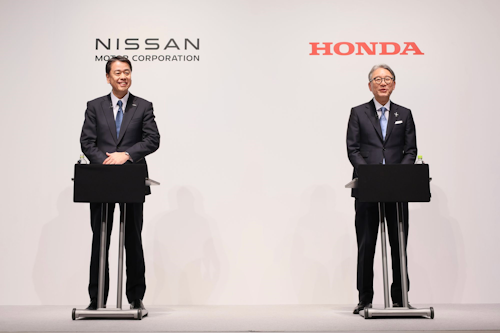
Last month, the two Japanese automotive leaders announced a plan to begin merger negotiations that would have made it one of the world's leaders in the industry. Talk appeared to take a turn when Honda, the larger of the two companies pushed to have Nissan become a subsidiary of Honda.
13. Social Security Got a Shake-Up in 2025, and 3 Changes May Surprise Retirees - The Motley Fool
The latest round of revisions took effect in January, and a recent survey published by Nationwide Retirement Institute suggests some of the changes will surprise many Americans.

1. Social Security payments got a COLA in 2025 to protect benefits from inflation
2. Some workers will pay more Social Security taxes in 2025
3. The Social Security Fairness Act was signed in January 2025 - Undoubtedly the most surprising change to take effect this year repealed two long-standing provisions: the Windfall Elimination Provision and the Government Pension Offset. Both rules reduced benefits for certain workers that receive public pensions from jobs not subject to Social Security taxes.
14. ECB Hopes Trump's Crypto Plan Will Speed Up Digital Euro - Reuters
The European Central Bank hopes President Trump's plan to support cryptocurrencies pegged to the U.S. dollar will speed up legislative backing for the digital euro, ECB board member Piero Cipollone told Reuters.
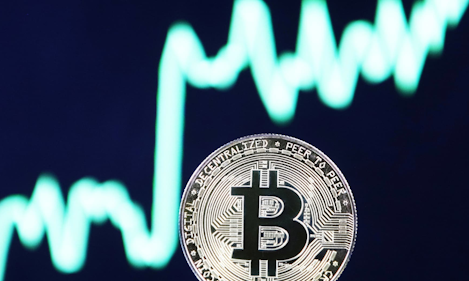
The ECB has presented its digital currency - essentially an online wallet guaranteed by the central bank - in part as an electronic means of payment that does not rely on dominant U.S. providers such as Visa and PayPal.
15. Study Ties Marijuana Use To Increase In Schizophrenia - HealthDay News
Schizophrenia cases associated with problematic weed use have skyrocketed in the wake of Canada's legalization of marijuana, a new study says.

The proportion of schizophrenia cases associated with cannabis use disorder nearly tripled, rising from 4% pre-legalization to 10%, according to findings published in JAMA Network Open. The number of people who required hospital care linked to weed use jumped 270% from before legalization to after recreational legalization, researchers found.


